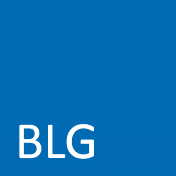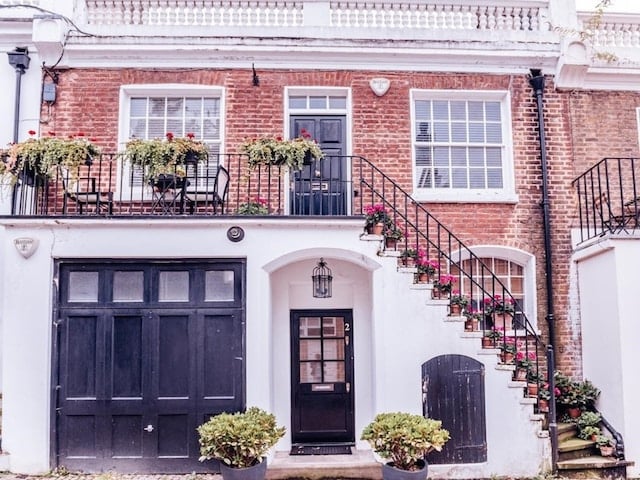House prices keep rising, making it harder for people to get on the property ladder, especially if you are a first-time buyer. Shared ownership makes owning a home more affordable and is an option open to first-time buyers and people who used to own a home.
Shared ownership is a government scheme offered by Help to Buy. Homebuyers can take out shared ownership mortgages to buy part of the property. Homebuyers then pay rent at a reduced rate on the share they do not own.
If you take advantage of this scheme, you can increase the share you own (staircase up) to gradually own more of the property and even work your way up to complete homeownership. As you buy a greater share in the property, the portion you pay rent on decreases.
How Does Shared Ownership Work?
Shared ownership properties give you a mix of buying and renting with the initial choice of buying between 25% and 75% of your home. Shared ownership houses include new build homes and homes offered through resale programmes run by housing associations.
You will need to take out a mortgage or pay for your share of the property using your savings. All properties are sold on a leasehold only basis. You should be aware that as your home’s value increases, so does the price to buy the remaining share. You will also need to pay for a new valuation each time you buy further shares.
Am I Eligible?
You can join the shared ownership scheme if you are a first-time buyer, if you used to own a home but cannot afford to buy one today, or if you are in the shared ownership scheme and wish to move.
However, your household needs to be earning £80,000 per year or less if you live outside of London, or £90,000 per year or less if you live inside London. Scotland, Wales, and Northern Ireland run their own variation of the scheme.
If you are aged 55 or older, you can apply to the Older People’s Shared Ownership Scheme. If you are over 55, you can buy up to 75% of the property through this scheme. Once you own 75%, you will not need to pay rent on the remaining share. If you are disabled and struggling to get on the property ladder, the Home Ownership for People with Long-term Disabilities Scheme (HOLD) may be helpful.
If you are eligible, you should speak to your local council’s housing team or housing association. You will still need to pass affordability checks determined by your mortgage lender and provide a deposit. The deposit may be smaller than the deposit you would need if you were buying a house outright.
Furthermore, you should budget for the costs any home buyer would have, such as mortgage fees, stamp duty, moving costs, maintenance, repairs, insurance, and a service charge, if the property is a flat.

